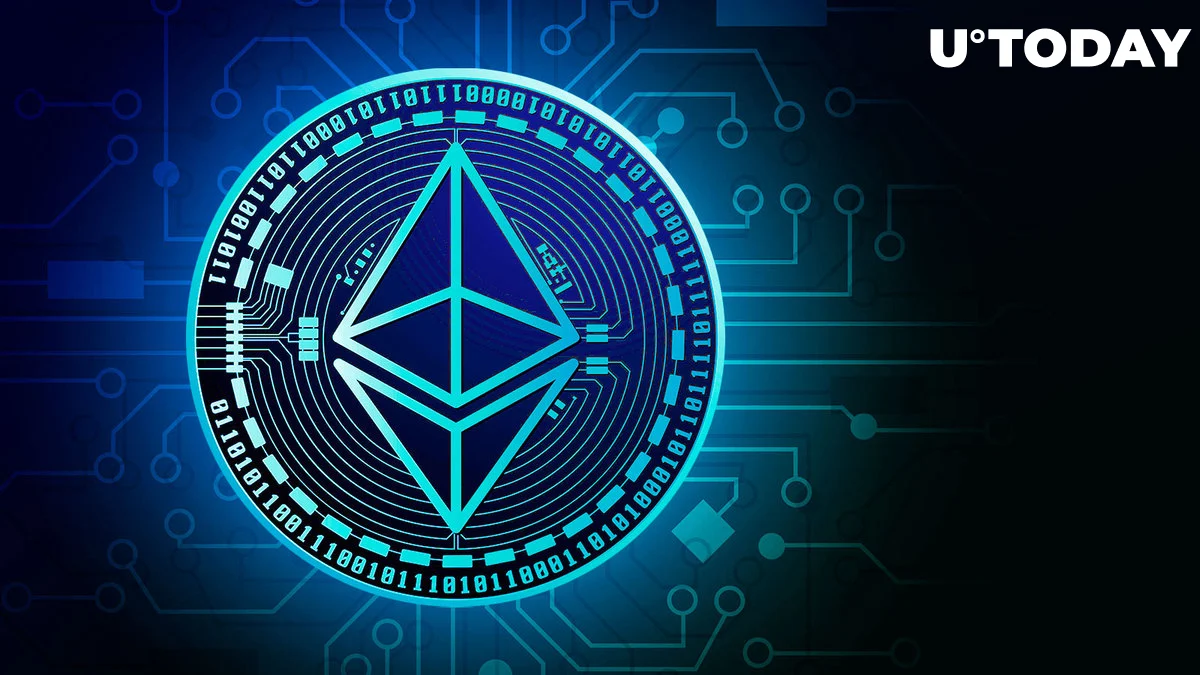
The most anticipated update for Ethereum (ETH), the biggest smart contracts blockchain, is known as “Proto-Danksharding” or EIP 4844. In addition to revolutionising the transaction fees market, it is expected to greatly boost L2s’ transaction capacity on Ethereum (ETH).
EIP 4844 to lower L2 fees by 7x, Ryan Berckmans says
Ethereum (ETH) guru Ryan Berckmans announced on X that Ethereum’s EIP 4844 data blobs are anticipated to begin in three months, significantly lowering L2 costs. There will be a decrease in L2 transactional commissions along with an increase in network bandwidth.
https://x.com/ryanberckmans/status/1728535510610522451?s=20
Blob gas will not compete with L1 execution gas once it launches, therefore even if every blob is sold, the whole blob market should clear at much reduced rates. This will lead to a 600% improvement in Ethereum’s (ETH) throughput and cost-efficiency.
Different kinds of L2 solutions will scale Ethereum (ETH) in a unique way with the activation of EIP 4844. The upgrade will benefit and aid in the scalability of Ethereum (ETH) for both solutions with ZK-secured validity proofs (Polygon zkEVM, Starknet) and hybrid optimistic rollups (Arbitrum Nova).
This investor believes that Ethereum (ETH) usage and accessibility will see a significant boost in the near future.
The days of Ethereum becoming most accessible are almost here. Just in time for the bull!
The Ethereum (ETH) community anticipates that the EIP 4844 activation will make all of its L2s quicker and less expensive, as previously reported by U.Today.
More advances for Ethereum L2 rollups
The much awaited upgrade is expected to be verified in Q1 of 2024 following many testnet updates and shadow forks.
In the meanwhile, one more revolutionary update might present Ethereum (ETH) L2s with fresh prospects. Developers presented a proposal last week to offer native account abstraction to Layer 2 solutions, as U.Today reported.
RIP-7560: The first-ever rollup-specific performance enhancement proposal is called Native Account Abstraction.
Three adjustments to smart contract accounts would be necessary to implement AA in rollups: rewriting the validateUserOp function, adjusting the EntryPoint address, and making a few small modifications to the transaction logics.


















